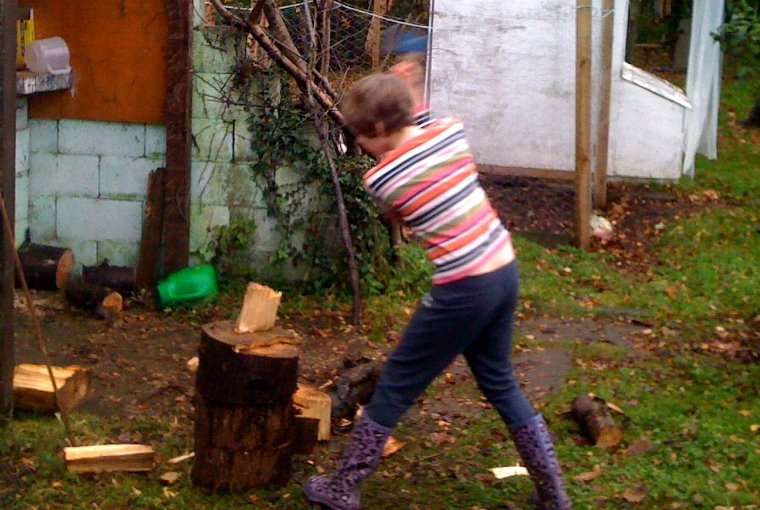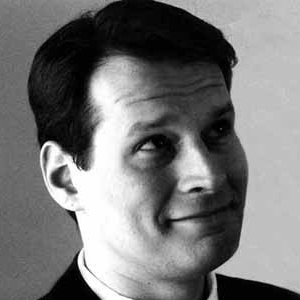In the cellar of my parent’s house sit a series of tools that have served my father and grandfather and great-grandfather, for they were created before the throwaway world was conceived. They were created for a world of carpenters, like my great-grandfather, or like the saddlers, thatchers, farriers, smiths, cobblers and builders that I could still find in rural Ireland. They were made for a nation of craftsmen, of people who bore in themselves the power that all humans once had, to reshape wood and hide and stone into a human landscape. It was a world that humans had known and made and remade through the ages of the world, until less than a century ago.
I wrote a few months ago about the lost world of craftsmen, and some responded that people back then had no choices in life, and that’s true if you, again, compare the richest today to the poorest then. Census records from the late 1800s, though, show not just the basic crafts I’ve mentioned, but around 1,500 job titles: ale tunners, archil makers, battures, bozzlers, camlets, clouters, arbalesters, brachygraphers, culvers, danters, and many others just in the first few letters of the alphabet. They represent a way of life so alien to most of us that even when we look up the definition we still don’t understand what they did. A modern person can read on their screen that a “garthman” was the proprietor of a weir, but they’d need to learn what a weir was, and why people depended on them, especially during Lent.
All the tasks we unthinkingly relegate to machines today were once done by people, so most people’s jobs had obvious value; everyone needed shoes, so everyone needed a cordwainer to make them and a cobbler to fix them. Everyone needed tailors for their clothes, haberdashers or milliners for their hats, butchers to cut their meat and grocers for their flour, masons and carpenters for their homes. Everyone needed publicans to serve the beer on Saturday night and priests to forgive them the next morning. When they died they needed carvers of headstones.
There was little chance for a carpenter to become a CEO, but there is little chance you will become a CEO either. If you were a carpenter, though, you had a status and an identity no outsourcing or artificial intelligence could take away. Even if you lost your physical ability with age or accident, you could mentor others, for each craftsman represented a distillation of centuries of experience, of lore and secrets.
“A man who was a carpenter was more than a man,” Irish journalist John Waters wrote in his book Bring Back the Bad Roads. “A woman qualified as a dressmaker was someone from whom an opinon emanated in a new way, seen to be born of a depth of endeavour and application to reality that made her worth listening to.”
All the crafts disappeared in a generation or two – the coopers, wrights, milliners, cordwainers and thousands more. All the stories handed down through generations disappeared in a few generations, until we all know only the same few pop-culture stories. Almost all the apprenticeships, lodges, clubs, co-ops and guilds disappeared, in Ireland and elsewhere. We are the survivors wandering the ruins of a post-apocalyptic society, but it has been a cultural apocalypse, a mass forgetting, and it’s still going on.
When I walk around Dublin today, or any city that has buildings or churches built before the fossil-fuel window, I see breathtaking architecture that spans the ages, church sculptures that shape marble like silk, art that ennobles and inspires, all works that – if they are not demolished, as many have been – are likely to outlast all our fragile modern architecture. These buildings used to house clubs and unions and libraries and schools that taught philosophy, literature and democracy. They survived unimaginable hardship to overthrow an empire and create a free, healthy and safe society.
I realise that we could not build some of these churches now; the crafts to create them are forgotten, along with the conviction to devote a life to them, and the social organisation, and the families to support the craftsmen, and the relationships between men and women needed to start families to create successors to these trades and … everything. The entire human infrastructure.
And I think: None of this world could have been built by the people now living in it.






